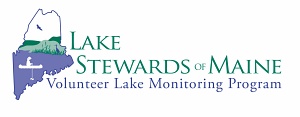Webinar Series 2022
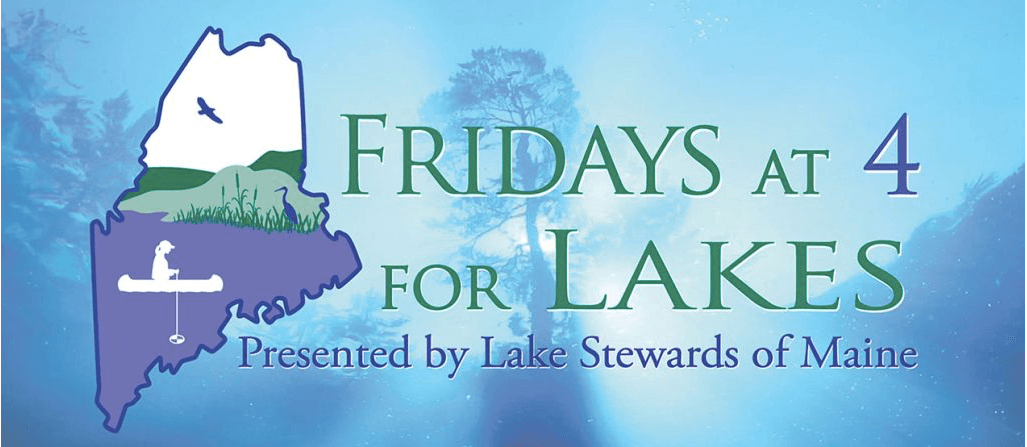
Quick Links
LSM Programs & Tools
Latest News from LSM
Forms & Data Sheets
Fridays at 4:00 for Lakes is back! Webinars will be offered throughout the summer covering a wide range of lake related topics. Presentations will be recorded and posted on this webpage. Webinars are approximately one hour in length, including Q&A after the presentation. Attendance is free, but registration is required. If you are interested in staying informed about future programs please contact us HERE.
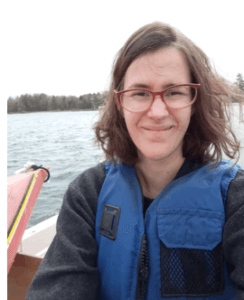 Highland Lake – plankton community; comparison of eDNA findings and analysis of plankton tow samples
Highland Lake – plankton community; comparison of eDNA findings and analysis of plankton tow samples
Presented by Sharon Mann; Aired Friday, June 3
An interesting development in technology captured the imagination of many of our volunteers and professionals: eDNA. Sharon Mann, a PhD candidate at the University of Maine, will explain a little about the technology and discuss her application of this technology in identifying and quantifying phytoplankton taxa in Highland Lake (Windham). This is a technical/scientific presentation, but Sharon will not be delving too deeply into the complexities of the eDNA science.
See the recording here
 Overview of Climate Change in ME
Overview of Climate Change in ME
Presented by Ivan Fernandez; Aired Friday, June 17
Ivan Fernandez PhD is a climate scientist and professor at University of Maine and is a leading voice in climate research. His research focuses on the process of ecosystem acidification, nitrogen saturation, alterations in phosphorus cycling, and the role that changes to temperature and moisture alter an ecosystem’s ability to sequester carbon.
This talk touches on evidence of a changing climate in Maine and its effects on ecosystems with a focus on lakes, but importantly we will point to clear evidence that the future we live is strongly a function of the actions we take today and every day going forward. We have plenty of examples of air pollution success stories and climate change needs to be another one. Maine’s climate action plan, Maine Won’t Wait, is the kind of framework that is essential for us to focus our resources on the best, science-informed solutions to the climate crisis. Just as indicators of climate change are accelerating for now, we see evidence now that so too are solutions.
See the recording here
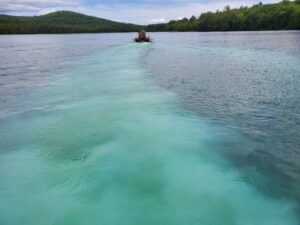 Panel: Experience of alum treatment as lake association
Panel: Experience of alum treatment as lake association
Presented by John Eliasberg, Wendy Dennis & Brian Friedmann; scheduled for Friday, July 15th
Alum treatments are a technical intervention where the application of aluminum sulfate and sodium aluminate is used to bind to phosphorus and inactivate it. It has been shown to work well for some lake systems experiencing cyanobacteria blooms. However, alum treatments are relatively expensive and require significant monitoring activities before, during, and after the treatment, both to understand the lake system and because of the toxicity of high concentrations of aluminum. In this webinar, we will be hearing from three LSM community members on two lake systems that conducted alum treatments. Wendy Dennis of the Cobbossee Watershed District and John Eliasberg and Brian Friedmann of Georges Pond Association (Franklin) will be sharing their experience of an alum treatment. Learn what it takes to have an alum treatment on a lake as they discuss the conception, watershed survey, fundraising, implementation, and post-application monitoring. Please join us July 15, 2022 at 4 pm.
See the recording here
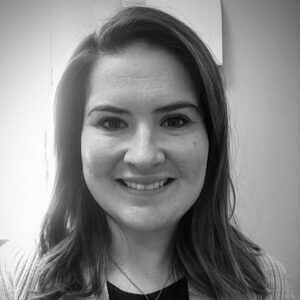 Lake Auburn Water Quality and Watershed Protection
Lake Auburn Water Quality and Watershed Protection
Presented by Erica Kidd; scheduled for July 29th
We are excited to announce that we will be hosting another webinar related to Maine’s lakes. On this occasion, we are glad to present Erica Kidd as our guest speaker. She is the Watershed Manager for Auburn Water District / Lewiston Water Division and will explain a little about water quality changes in Lake Auburn over time, and the watershed protection efforts in place to protect the lake.
See the recording here
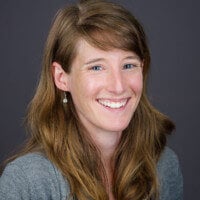 Heavy Metals, PFAS, Cyanotoxins in Maine Lakes – Risk assessment approaches to Toxic Substances
Heavy Metals, PFAS, Cyanotoxins in Maine Lakes – Risk assessment approaches to Toxic Substances
Presented by Breana Bennett, Toxicologist at Maine CDC; scheduled for August 12th
This presentation will discuss how Maine CDC determines how much is too much chemical contamination in fish tissue and how that is considered in deriving fish consumption advisories. This will be discussed in the context of the statewide fish consumption advisory for methylmercury and the emerging PFAS contaminants. The presentation will also discuss the challenges in developing advisories for harmful algal blooms.
See the recording here
 Panel Discussion Volunteer Experiences
Panel Discussion Volunteer Experiences
Presented by Dale Schultz & Debbie Broderick; Katie & John Greenman and Mike Cloutier; scheduled for August 26th
This presentation will be a non-technical discussion for lake association members, municipalities, people interested in becoming involved in lake stewardship, and current volunteers. The webinar will be a series of three short presentations about their experience as plant patrollers, water quality monitors, community, and lake association members. The presentations will be followed by a panel discussion including some of the challenges and rewards they have encountered with their lake stewardship activities.
See the recording here
 Application Design to Support Community-Based Water Monitoring Presented by Srishti Gupta; scheduled for September 9th
Application Design to Support Community-Based Water Monitoring Presented by Srishti Gupta; scheduled for September 9th
Srishti is a PhD candidate in the College of Information Science and Technology at Penn State University. Her research is in Human-Computer Interaction which refers to design of computer technologies. Her dissertation focuses on design and research of technologies to support and amplify community-based water monitoring groups. She has done empirical research with a number of community-based water monitoring groups across the US and is currently working with the Water Data Collaborative team to design and research a digital national network to connect and support these community science groups. In this talk she will present her research findings on collaboration amongst community-based water monitoring groups and the current space of software technologies that support water monitoring activities.
See the recording here
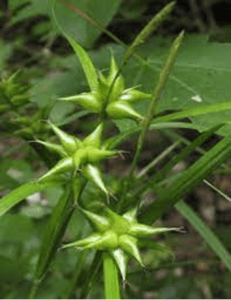 Sedges, Rushes and Grasses of Maine Lakes Presented by Lisa Standley, PhD; scheduled for September 30th
Sedges, Rushes and Grasses of Maine Lakes Presented by Lisa Standley, PhD; scheduled for September 30th
Lisa is a plant systematist specializing in sedges (the Cyperaceae), author of the Field Guide to Carex of New England, and the Curator of the Vascular Plant Herbarium of the New England Botanical Society. She is retired, and spent much of her professional career as an environmental scientist working in wetland ecology, permitting, and environmental impact statements for major infrastructure projects (including the Downeaster rail project and the Aroostook County Transportation study)
